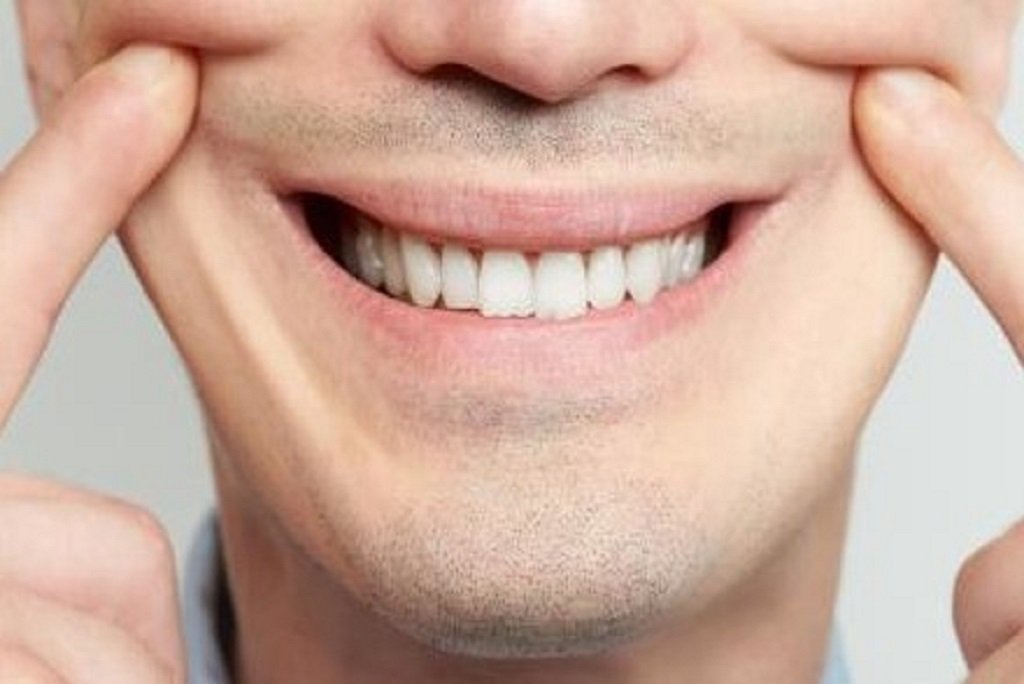From Stress to Smiles: How Anxiety Shows Up in Your Teeth
Have you ever said,“ I carry all my stress in my shoulders”?
Well, your teeth are probably laughing at that statement. Because honestly, your mouth has been silently carrying a good share of that stress too, and unlike your shoulders, it can’t just book a spa day.
Anxiety has this sneaky way of showing up in places you’d never expect. And one of its favourite playgrounds? Your teeth and gums. Let’s talk about how that constant buzz of stress translates into chipped enamel, sore jaws, and gums that are suddenly running for the hills.
1. Bruxism: The Midnight Exercise, sponsored by stress and malocclusion.
If you’ve ever woken up with a jaw that feels like it ran a marathon while you were dreaming, you’ve probably been grinding your teeth. Bruxism is basically your body’s way of saying, “I don’t know how to process this stress, so let’s chew on it… literally.” Another reason maybe interferences or malocclusion, however this probably results in grinding during the day time as well.
Over time, grinding wears down enamel, cracks teeth, and leaves your jaw sore. Your teeth will feel flatter, and you will feel the need to bite down harder or chew your food for longer to break it down adequately; which in turn again leads to more wear and tear.
2. Gum Recession: Stress Makes Things Run Away (Even Gums)
Stress raises cortisol, which messes with your immune system. Translation: your gums become more vulnerable. They start receding, exposing those sensitive tooth roots, and suddenly sipping on cold water feels like you’ve just bitten into ice cream with bare nerves. Not fun.
3. Canker Sores and Friends
Ever notice those tiny, painful ulcers popping up during exam week or a big deadline? Stress weakens your defenses, and before you know it, you’re wincing with every bite of citrus fruit.
4. Dry Mouth: Your Saliva Went on Strike
Anxiety and certain stress-related medications can dry you out. Saliva is your mouth’s natural cleaning system; without it, bacteria party harder than college kids at a festival. That means more cavities, bad breath, and gum disease.
5. TMJ Trouble: Jaw, Meet Stress
Clenching your jaw when you’re nervous isn’t just a quirk, it’s another way anxiety leaves a mark. The temporomandibular joint (TMJ) gets inflamed, causing pain, popping, and sometimes even headaches. Basically, your jaw becomes the drummer in your stress band.
What Can You Do?
- Notice the signs. Headaches, chipped teeth, sore jaws, our body’s whispering clues before it starts shouting.
- Mouthguards help. Think of them as tiny superheroes for your enamel.
- Stress management matters. Yoga, breathing, walking, or even belting out your favorite ‘90s track can lower the pressure on your teeth.
- See your dentist. They’ll spot early changes you might miss. They might advise you to wear a night guard to prevent any further breakdown.
Here’s the thing: stress doesn’t just live in your head. It sets up camp in your mouth too. But with the right care (and a little self-awareness), you can keep that anxiety from turning your smile into its next victim.
If you are someone struggling with mental health issues, or know someone who shows signs of the same, we strongly urge you to meet a professional at the earliest opportunity.











